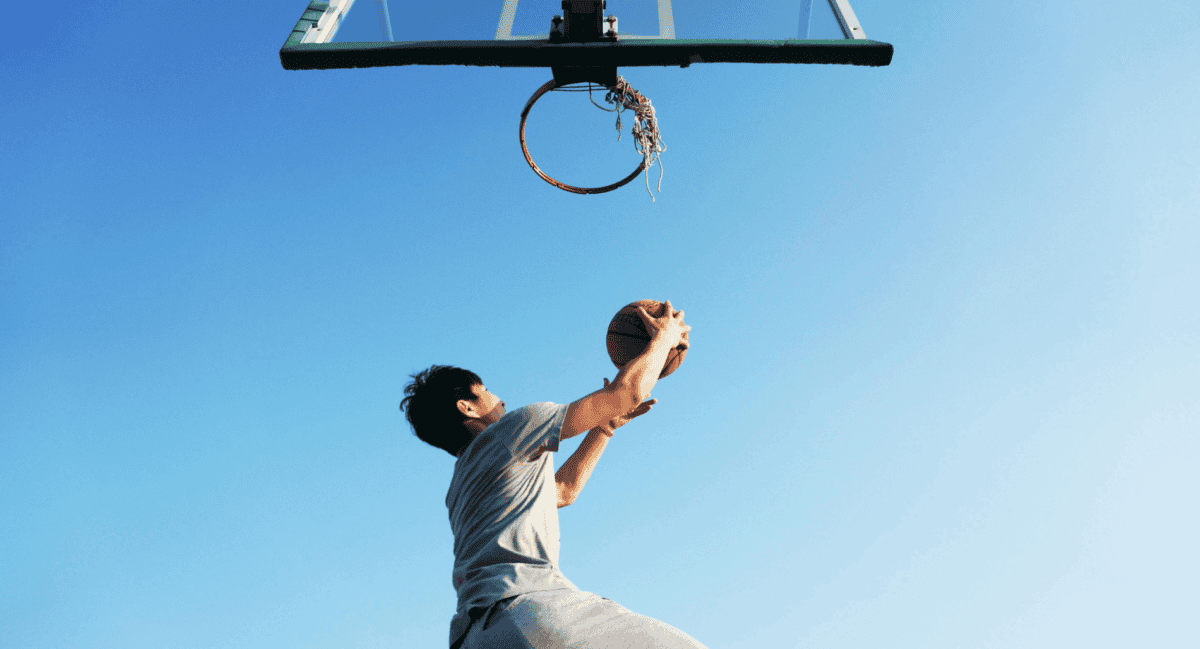- Volunteering for Hearing Health Causes - May 27, 2025
- Questions to Ask During Your Hearing Health Appointment - May 16, 2025
- Exploring Alternative Therapies for Hearing Loss - May 6, 2025
Summer is the perfect time to get outside and play your favorite sports, but it’s important to consider the impact of these activities on your hearing health. Many popular summer sports and recreational pursuits involve exposure to loud sounds and potential risks to hearing.
Let’s talk about how you can safeguard your hearing while enjoying summer sports and review practical tips to enjoy the summer season without compromising your long-term hearing health.
Understanding the Risks
Participating in summer sports and outdoor activities can expose individuals to high levels of noise, which can pose a risk to hearing health. Some common summer sports and events that may contribute to noise exposure include:
- Motor Sports: Activities such as motorcycling, ATV riding, and jet skiing can expose participants to high levels of engine and exhaust noise.
- Water Sports: Water skiing, wakeboarding, and powerboating are popular water sports that often involve exposure to loud engine noise.
- Shooting and Hunting: Shooting and hunting sports involve firearms, leading to significant noise exposure if you’re not wearing proper hearing protection.
- Stadium Events and Concerts: Attending sporting events, concerts, or other large gatherings can subject individuals to high decibel levels, potentially damaging hearing.
- Cycling: Cycling events or group rides may involve exposure to high wind noise and road traffic noise, especially in urban or busy areas.
Tips for Protecting Your Hearing
When you engage in summer sports and outdoor activities, remember to prioritize your hearing health. Here are some practical tips for protecting your hearing while participating in summer sports:
Use Hearing Protection
Wearing earplugs or earmuffs designed for sports and outdoor activities can help reduce the impact of noise exposure. Consider using custom-molded earplugs for a comfortable and secure fit during all your summer activities.
Monitor Volume Levels
If you enjoy listening to music or podcasts outdoors, be mindful of the volume levels. Using headphones or earbuds at a high volume can contribute to additional noise exposure.
Seek Quiet Rest Areas
When you participate in noisy activities, take periodic breaks in quieter areas to give your ears a chance to recover. This can help reduce the risk of overexposure to high sound levels.
Communicate with Sports Organizers
Advocate for the use of quieter equipment or noise control measures during sporting and recreational events. Encouraging organizers to prioritize noise reduction can benefit all participants and spectators.
Educate Fellow Participants
Raise awareness about the importance of hearing protection among fellow participants, teammates, or spectators. Encourage others to consider their hearing health and provide resources on how to protect their ears during activities.
Choose Protective Headgear
When engaging in sports activities that involve potential impact or physical risk, consider using protective headgear that includes built-in ear protection. This can offer dual benefits in safeguarding both your head and your hearing.
Get Regular Hearing Check-Ups
Schedule routine hearing evaluations with a qualified hearing health professional to monitor your hearing health. Noticing hearing loss right away can lead to early intervention and better treatment outcomes.
Promoting Hearing-Safe Summer Sports
In addition to individual precautions, you can promote a culture of hearing safety within the community and the sports industry. Here are some ways to advocate for hearing protection in summer sports:
- Partner with Sports Organizations: Collaborate with local sports clubs, gyms, and recreational facilities to raise awareness about hearing protection and provide resources for participants.
- Offer Hearing Protection Resources: Provide informative materials, such as brochures or digital resources, highlighting the importance of hearing protection during summer sports and recreational activities.
- Advocate for Safe Sound Practices: Encourage sports organizers and event planners to implement guidelines for safe sound practices, especially in venues with loud noise.
- Recognize Hearing-Safe Practices: Acknowledge and showcase sports clubs, teams, or individuals who prioritize hearing safety and promote awareness within their communities.
Visit Us For Custom Hearing Protection
Balancing the excitement of summer sports and outdoor activities with effective hearing protection is essential for maintaining long-term hearing health. By integrating these practical tips into your summer sports routines and advocating for hearing safety within your community, you can actively participate in activities while safeguarding your hearing health.
Remember, protecting your ears is an integral part of leading a healthy and fulfilling lifestyle. To find out more about custom hearing protection, visit us today.

